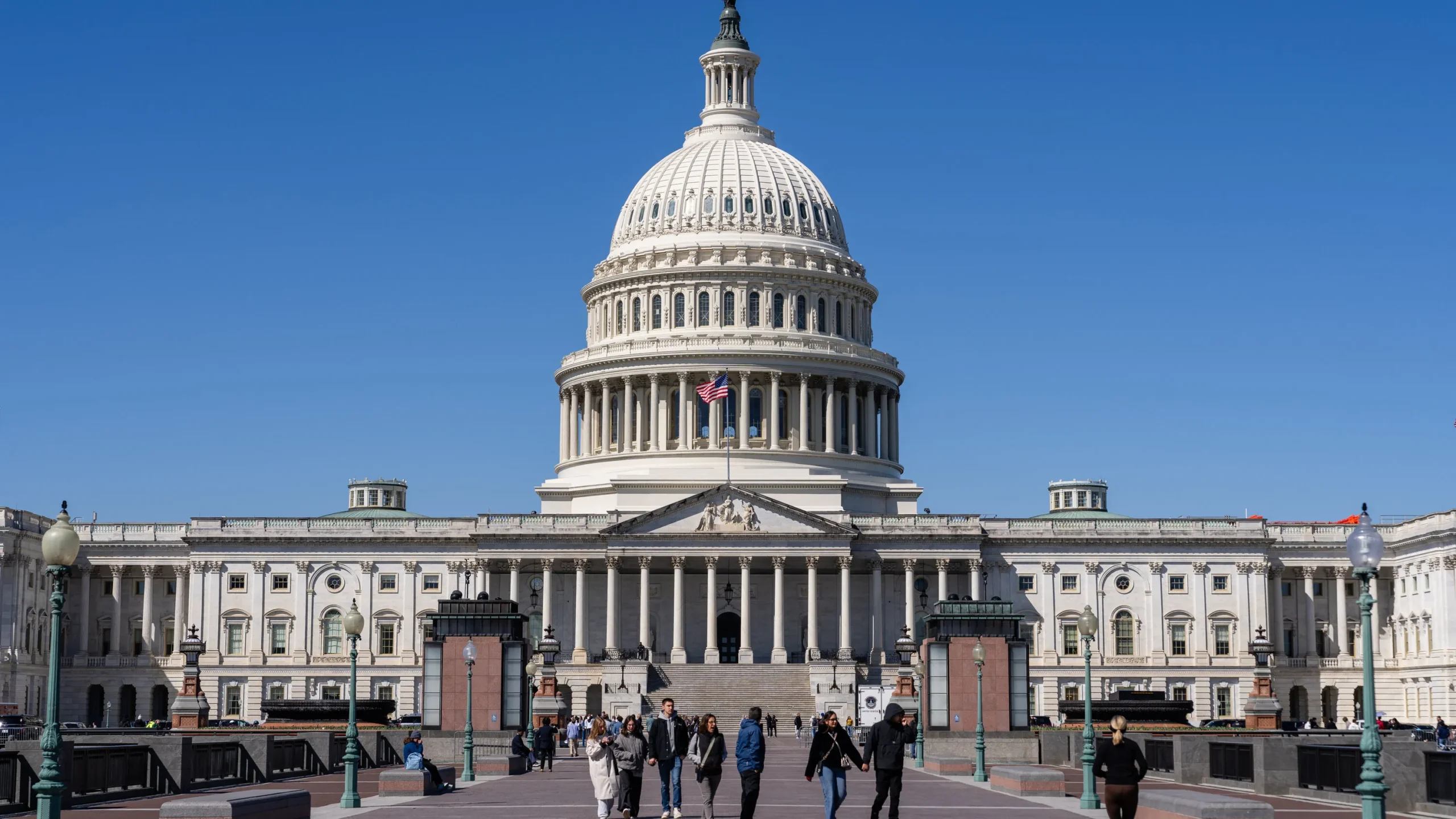Senate’s Shocking Move: Overdraft Fees Set to Skyrocket!
In a surprising move, the U.S. Senate recently voted 52-48 to overturn a crucial rule established by the Consumer Financial Protection Bureau (CFPB) that capped most bank overdraft fees at $5. This rule, adopted late last year, was intended to protect consumers from excessive fees that have become a significant burden for many Americans. The Senate’s decision has sent shockwaves through the financial landscape, raising concerns about the financial stability of countless households.
The CFPB’s rule aimed to address the growing issue of overdraft fees, which have generated over $30 billion in revenue for banks nationwide. With many banks charging around $35 for each overdraft transaction, the financial strain on consumers, especially those from low-income backgrounds, has been exacerbated. Consumer advocacy groups have voiced their concerns, arguing that the repeal of this cap will disproportionately affect vulnerable populations already struggling to make ends meet.
The vote saw nearly every Republican senator supporting the repeal, while only a handful of Democrats opposed it. Senator Tim Scott, a prominent advocate for the repeal, argued that capping fees restricts banks’ ability to provide credit to consumers. This perspective highlights the ongoing tension between consumer rights and the profitability of financial institutions, a debate that continues to resonate in Congress.
The repeal of the overdraft fee cap is perceived as a significant setback for the CFPB, an agency created to safeguard consumers in the financial sector. The original rule was estimated to save consumers approximately $5 billion annually, providing much-needed relief to those facing financial hardships. Critics of the repeal have expressed their disappointment, stating that it undermines efforts to promote financial inclusion and protect vulnerable populations.
As banks prepare to adjust their fee structures in response to the Senate’s decision, some institutions have already begun to reduce their overdraft fees amid public pressure and negative publicity. However, the potential resurgence of high overdraft fees raises concerns about the financial stability of many Americans. Advocacy groups are mobilizing to push back against the repeal, calling for greater transparency and fairness in banking fees.
The Senate’s action reflects a broader trend of deregulation in the financial sector under the current administration. This trend has sparked discussions about the need for comprehensive reform in banking practices regarding fees, as the debate over overdraft fees continues to evolve. The outcome of this vote may significantly influence future legislation aimed at regulating financial institutions and protecting consumers.
As the financial landscape shifts, the implications of the Senate’s decision are likely to be felt across the nation. With many consumers already facing financial challenges, the prospect of increased overdraft fees raises serious questions about the future of consumer protection in the banking industry. The ongoing discussions surrounding this issue will undoubtedly shape the trajectory of financial regulation in the coming years.
In conclusion, the Senate’s shocking move to repeal the overdraft fee cap has ignited a fierce debate about the balance between consumer protection and the interests of the banking industry. As advocacy groups rally for change, the implications of this decision will resonate far beyond Capitol Hill, affecting the financial well-being of millions of Americans. The need for reform in banking practices regarding fees is more pressing than ever, as consumers and lawmakers alike grapple with the consequences of this pivotal vote.






Leave a Comment